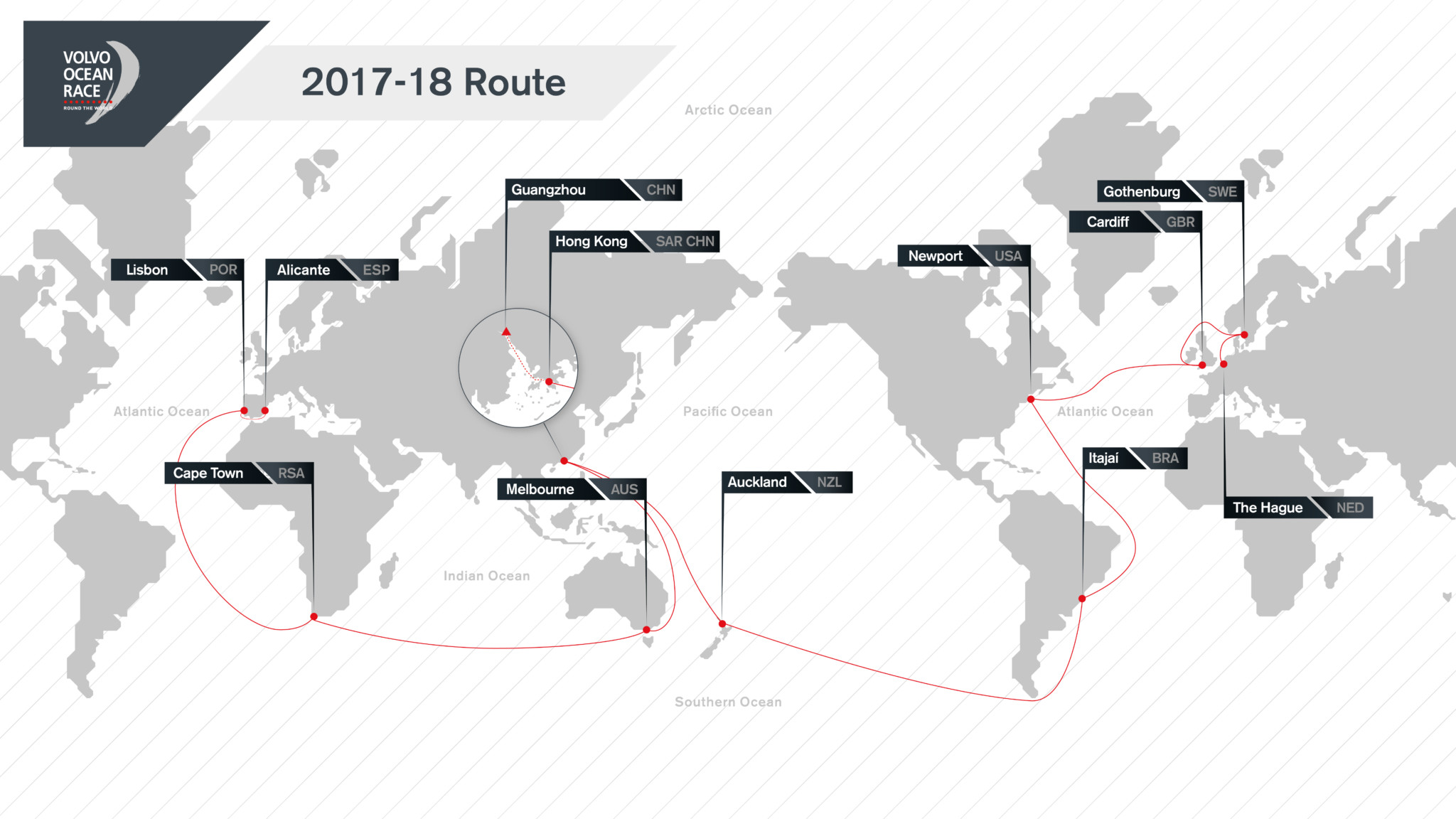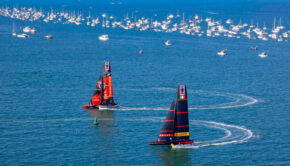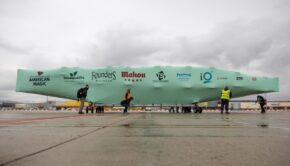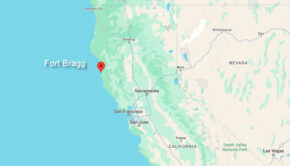When fried food is good for the sport
Published on May 16th, 2018
While the sport of sailing may seem “green” on the surface, the carbon footprint extends far within the infrastructure of race management and the logistics of each team. And whereas some regatta venues seek to combat their impact by sorting trash and offering water fill stations, the USA stopover for the Volvo Ocean Race is going deeper into the problem.
A blend of 20 percent biodiesel (B20) is being used in vessels, generators and diesel-powered land vehicles throughout the Newport event. The biodiesel for the event is supplied by Newport Biodiesel, a local biodiesel producer, which uses recycled cooking grease from restaurant “galleys” throughout New England to produce biodiesel for more than a decade.
“During the 2015 stopover, we saved more than 12,000 pounds of carbon dioxide from entering the atmosphere and we hope to reach a similar or greater amount this year,” said Dr. Robert Morton, chairman of the board for Newport Biodiesel. “Biodiesel is an excellent, low carbon alternative to petroleum diesel and a great fit for environmentally-conscience boaters.”
Biodiesel is a domestically-produced, clean-burning diesel replacement made from an increasingly diverse mix of resources, including agricultural oils, recycled cooking oil and animal fats. Compatible with all diesel engines without modification, biodiesel blends can be used in many types of marine vessels.
“Biodiesel use in marine vessels is a growing market,” says Donnell Rehagen, National Biodiesel Board (NBB) CEO. “Biodiesel not only provides similar performance characteristics to diesel but also reduces engine wear and is non-toxic, low carbon and biodegradable, making it less polluting to the ocean and the air.”
Biodiesel’s sustainability is well-documented, helping users and event organizers to quantify their environmental impact. From reductions in greenhouse gas and hydrocarbon emissions to wastewater and hazardous waste, biodiesel is delivering measurable results wherever it is used.
So when the restaurant staff asks,” Do you want fries with that?” know that you may just be doing something good for the environment.
The Volvo Ocean Race teams are preparing for the In-Port Race on May 19 and Leg 9 to start May 20, which will take the fleet across the Atlantic Ocean from Newport, USA to Cardiff, UK.
Race details – Tracker – Scoreboard – Race route – Facebook – YouTube
Overall Results (after 8 of 11 legs)
1. MAPFRE (ESP), Xabi Fernández (ESP), 53 points
2. Dongfeng Race Team (CHN), Charles Caudrelier (FRA), 50
3. Team Brunel (NED), Bouwe Bekking (NED), 42
4. Team AkzoNobel (NED), Simeon Tienpont (NED), 36
5. Vestas 11th Hour Racing (DEN/USA), Charlie Enright (USA), 28
6. Team Sun Hung Kai/Scallywag (HKG), David Witt (AUS), 27
7. Turn the Tide on Plastic (POR), Dee Caffari (GBR), 22
2017-18 Edition: Entered Teams – Skippers
• Team AkzoNobel (NED), Simeon Tienpont (NED)
• Dongfeng Race Team (CHN), Charles Caudrelier (FRA)
• MAPFRE (ESP), Xabi Fernández (ESP)
• Vestas 11th Hour Racing (DEN/USA), Charlie Enright (USA)
• Team Sun Hung Kai/Scallywag (HKG), David Witt (AUS)
• Turn the Tide on Plastic (POR), Dee Caffari (GBR)
• Team Brunel (NED), Bouwe Bekking (NED)
Background: Racing the one design Volvo Ocean 65, the 2017-18 Volvo Ocean Race begins in Alicante, Spain on October 22 2017 with the final finish in The Hague, Netherlands on June 30 2018. In total, the 11-leg race will visit 12 cities in six continents: Alicante, Lisbon, Cape Town, Melbourne, Hong Kong, Guangzhou, Auckland, Itajaí, Newport, Cardiff, Gothenburg, and The Hague. A maximum of eight teams will compete.
Source: Volvo Ocean Race










 We’ll keep your information safe.
We’ll keep your information safe.